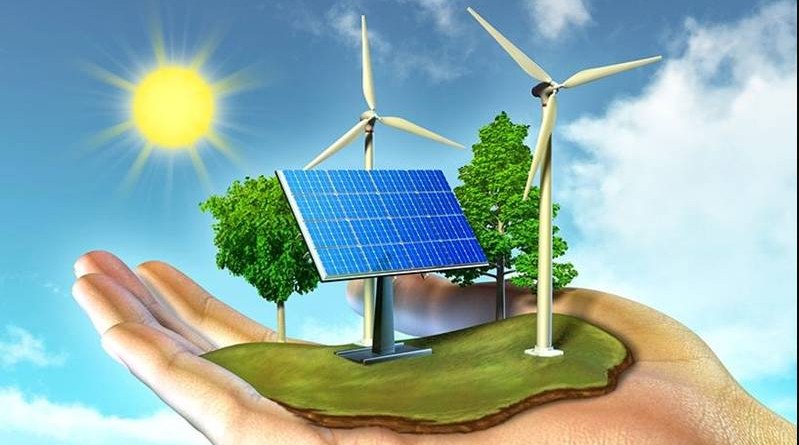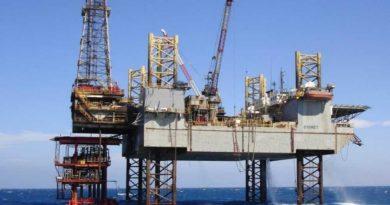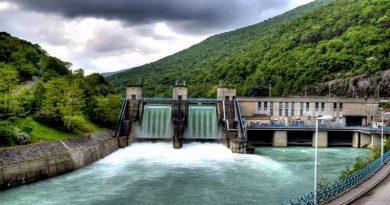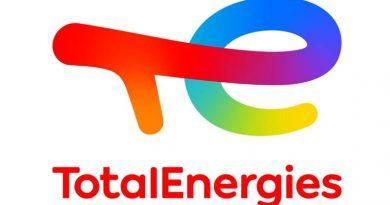Renewable Energy can provide 60% of Nigeria’s energy need by 2050 – IRENA
According to a recent estimate by the International Renewable Energy Agency, Nigeria’s energy demand in 2050 may be supplied by renewable energy sources, saving 40% in natural gas and 65% in oil requirements (IRENA).
Nigeria needs sustainable energy sources to meet the rising demands of all economic sectors and provide everyone with access to modern energy services due to its expanding population and a number of socioeconomic difficulties.
In order to achieve a sustainable energy mix and fulfill the nation’s expanding needs, renewable energy technologies are essential, as shown by the Renewable Energy Roadmap for Nigeria, which was created in partnership with the Energy Commission of Nigeria
IRENA Director-General Francesco La Camera has said that by harnessing its abundant, untapped renewables. Nigeria can affordably and sustainably supply all of its population with energy. Nigeria has a rare chance to create a renewable-based sustainable energy system that promotes socioeconomic recovery and development, addresses climate change, and achieves energy security.
The extremely dispersed institutional structure of Nigeria’s energy industry, according to Minister of Science, Technology, and Innovation Adeleke Olorunimbe Mamora, indicates that coordination of policies will be necessary to enable integrated energy transition planning and guarantee its success. Building consensus and creating a cohesive plan would be made easier with the aid of a cross-cutting agency or entity tasked with carrying out this duty, which would then enable the expansion of renewable energy to fulfill the needs of the Nigerian energy sector.
According to IRENA’s research, renewable energy can supply 47% of primary energy needs by 2030 and 57% by 2050. For increased renewable energy shares with electricity in final energy usage, electrification will be crucial.
The usual route will be more expensive than investing in renewables. Investment costs in the Energy Transition Scenario by IRENA are lower than those under planned policies; they are $1.22 trillion and $1.24 trillion, respectively. This translates to $35 billion versus $36 billion annually.
To avoid being trapped into long-lasting fossil fuel infrastructure investments like natural gas pipelines, advancing the energy transition necessitates a shift and scaling-up of investments in the short term. When compared to projected policies, the usage of natural gas and oil is much less in 2050, which has severe effects on infrastructure investments in fossil fuels and raises the risk of stranded assets
To realize the report’s potential, policies for rapid renewable energy deployment are required. For Nigeria’s integrated energy transition strategy to be successful, there must be cooperation amongst policies.




